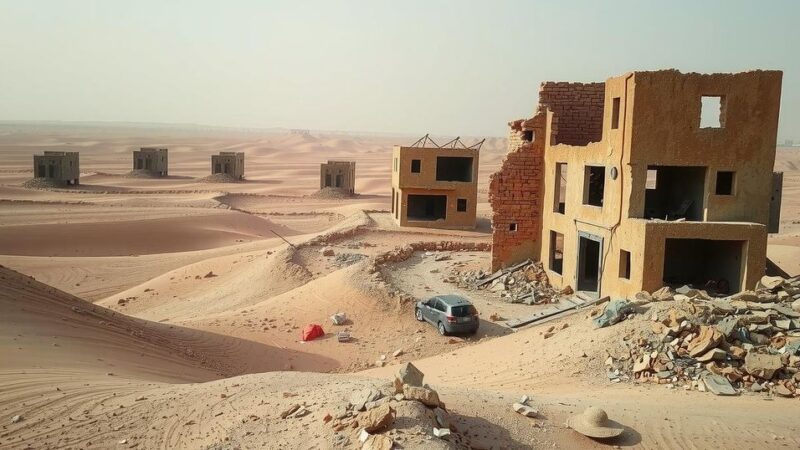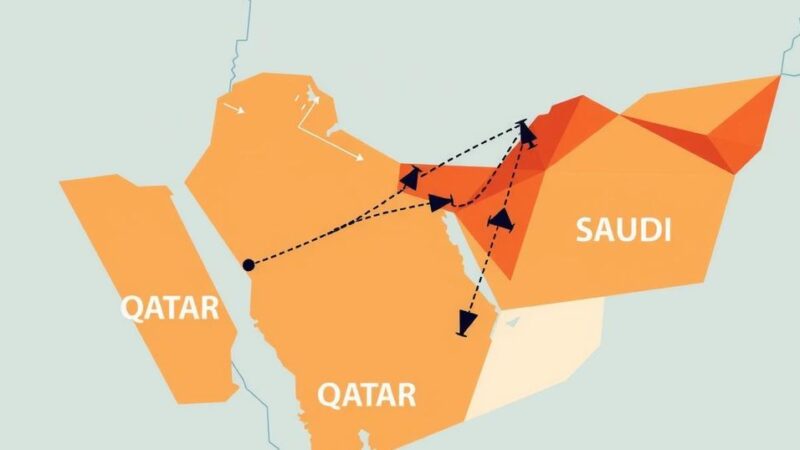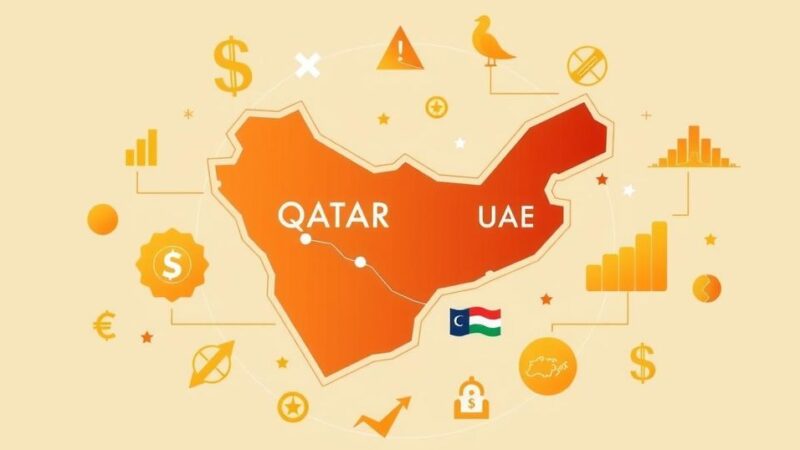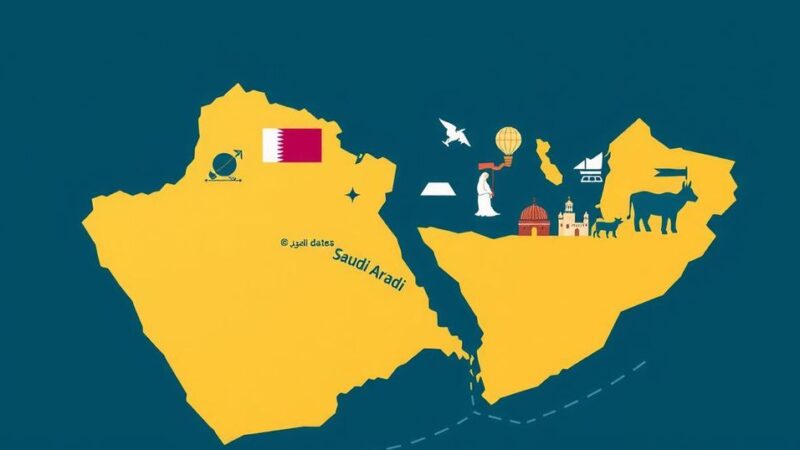Mohammad Eslami, Iran’s Atomic Energy head, stated the country’s nuclear program is transparent and has reached significant advancements. He affirmed that Iran operates independently despite pressures, claiming that nuclear technology is beneficial for the nation’s development. Eslami criticized the West’s portrayal of Iran’s nuclear intentions and pointed to political barriers imposed by the U.S. restricting Iran’s access to nuclear advancement opportunities.
In a recent interview, Mohammad Eslami, head of Iran’s Atomic Energy Organization, emphasized that Iran’s nuclear program is entirely transparent and has achieved significant advancements. He stated that Iran is now capable of utilizing nuclear technology effectively, having developed its capabilities independently, overcoming external pressures. Eslami noted that nuclear technology serves not only the country’s scientific growth but also the welfare of its people. He dismissed claims about the militaristic nature of Iran’s nuclear aspirations as a pretext used by Western nations.
Eslami asserted that the costs associated with nuclear program development are manageable, underscoring that the technology is foundational for advancements in other scientific fields. He responded to accusations regarding Iran’s nuclear ambitions by highlighting the differences in enrichment standards across nations, affirmed Iran’s openness to inspections, and pointed out the complexities surrounding technological restrictions imposed by global powers.
During his comments, Eslami referenced the recent discussions at the Davos meeting to illustrate the international landscape concerning technological advancements and competition among countries. He emphasized that developed nations often prioritize their interests, linking Iran’s technological progression with political pressures shaped by the United States. Eslami articulated the need for equitable access to peaceful nuclear technology, stressing that the International Atomic Energy Agency (IAEA) should support all countries in this endeavor.
He critiqued the long-standing U.S. legislation, known as the One Two Three Act, which he claims restricts nations without formal ties to the U.S. from pursuing nuclear advancements independently. This, he argued, results in a political dynamic that enforces maximum pressure on nations like Iran, creating unnecessary barriers and challenges to their nuclear aspirations.
Eslami’s insights indicate that Iran sees its nuclear program not merely as a scientific pursuit but as a means to assert its independence and sovereignty in a competitive global landscape.
The discourse surrounding Iran’s nuclear capabilities has been fraught with tension and skepticism from the international community, particularly Western nations. Iran’s advancements in nuclear technology have led to accusations regarding their intentions, notably concerning potential weapons development. However, Iranian officials have consistently defended their program as focused on peaceful applications, emphasizing their right to pursue nuclear technology without external interference. The geopolitical implications of nuclear advancements are paramount, influencing global diplomatic relations and security concerns.
In summary, Mohammad Eslami’s remarks reflect Iran’s commitment to advancing its nuclear technology while asserting its autonomy against external control and pressure. He underscores the dual nature of nuclear technology as both a scientific and developmental tool, asserting the need for equitable access to this technology globally. Furthermore, he highlights the political obstacles faced by Iran as a result of longstanding U.S. policies, advocating for a re-evaluation of these restrictions in favor of peaceful nuclear endeavors.
Original Source: ifpnews.com






